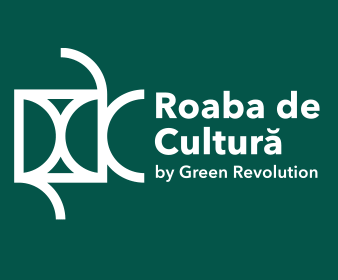The Tokyo district Public Prosecutor has confirmedthat there will be an investigation into allegations made by Greenpeace of large scale embezzlement of whale meat from the Japanese-government-subsidised Southern Ocean whaling programme.
On May 15th, Greenpeace campaigners produced as partial evidence of the corruption 23.5 kilos of whale meat, which was hidden in one of four boxes been sent by a crew member to his home, disguised as personal
effects. A four-month investigation by Greenpeace also highlighted claims by informers that government-appointed officials from the Institute of Cetacean Research (ICR) and the whaling fleet operators,
Kyodo Senpaku are aware of the theft of the meat and local pubs and meat traders expect to receive whale meat direct from the factory ship Nisshin Maru well in advance of the official government release of stocks at the end of June.
"We are delighted that the Public Prosecutor has begun this investigation and we will cooperate in every way possible to ensure that it is a full investigation, to the highest levels and not simply the scapegoating of a few individual crew members," said Junichi Sato, Greenpeace Japan Whales Campaign coordinator. "While the investigation is underway, the government has no option but to now immediately suspend any whaling permits to the ICR and Kyodo Senpaku, as well as stop the taxpayer’s subsidy to the programme." Sato added.
Kyodo Senpaku officials have claimed that the meat is simply "souvenirs" given to the crew by the company at the end of the expedition, but there is clear evidence – including false declarations on the whale meat box, where the contents where claimed to be cardboard – that the stolen meat is taken in addition to the free packages handed out by the company.
Additional allegations from informers that require investigation include: throwing tonnes of whale meat overboard daily because they did not have processing capacity for the increased quotas; cancerous tumours
being found and cut out of whales and the remaining meat processed for public sale; and targeted hunts to ensure maximum catch, not random "sampling" as required by the research permits.



